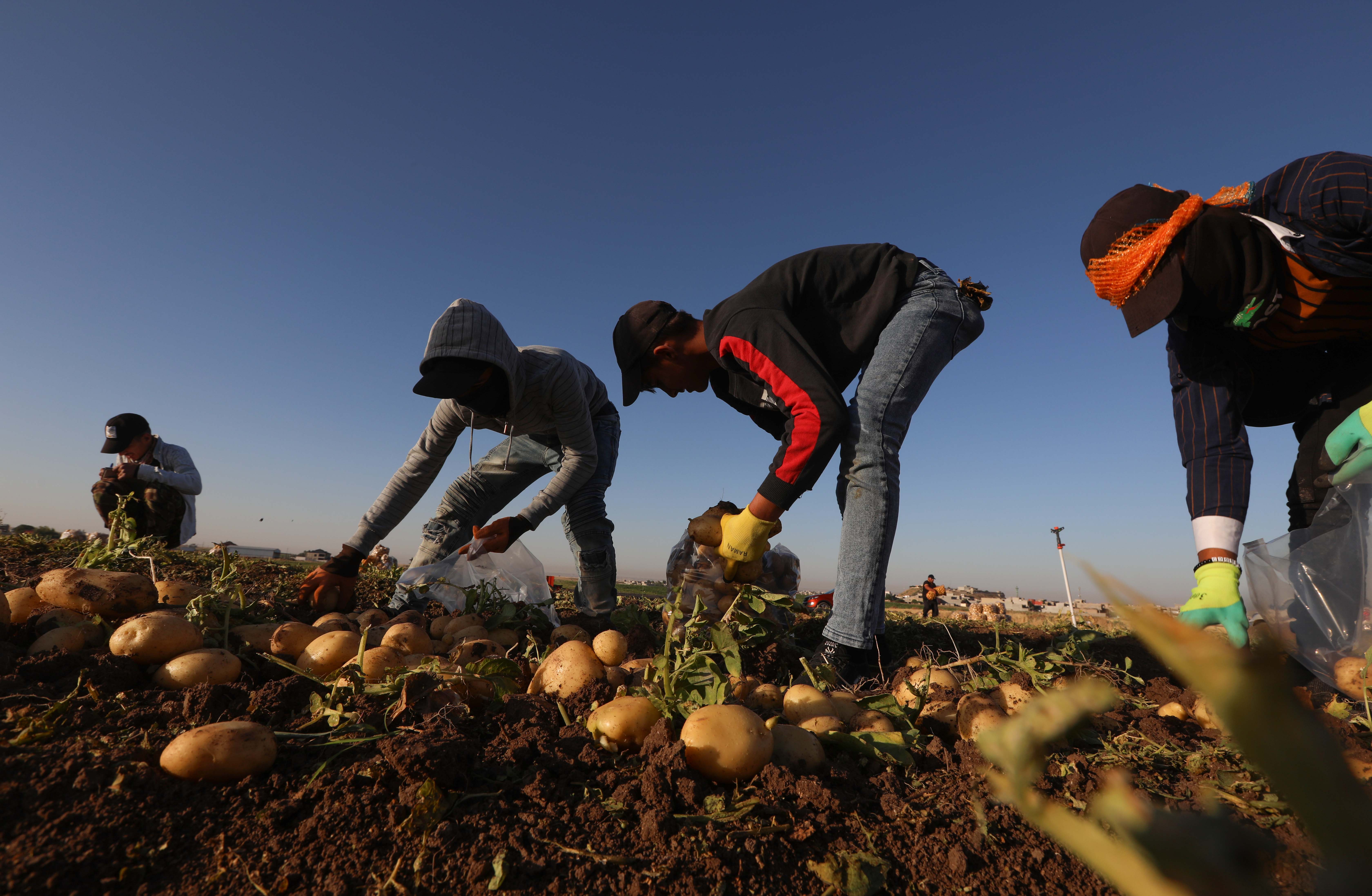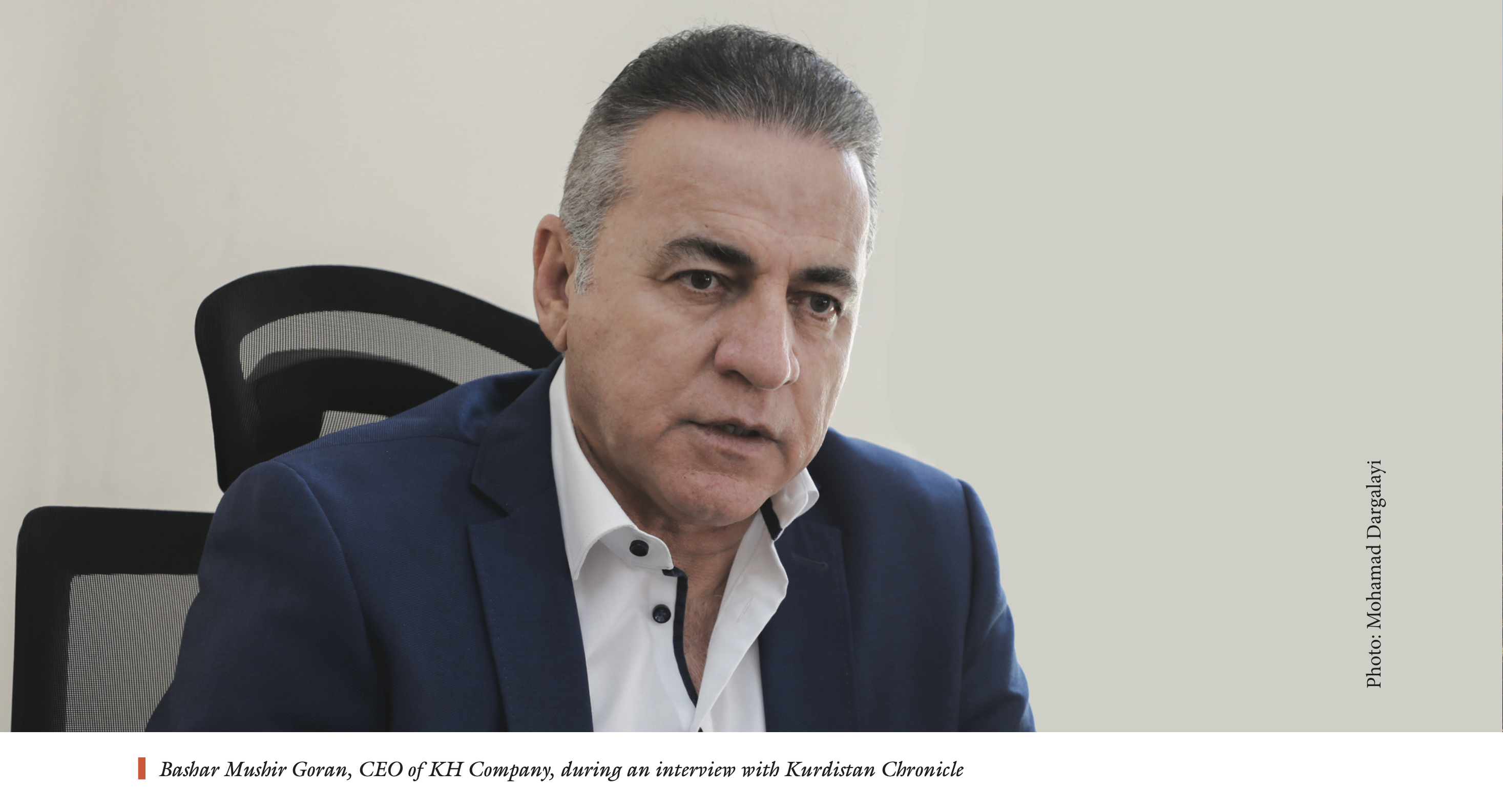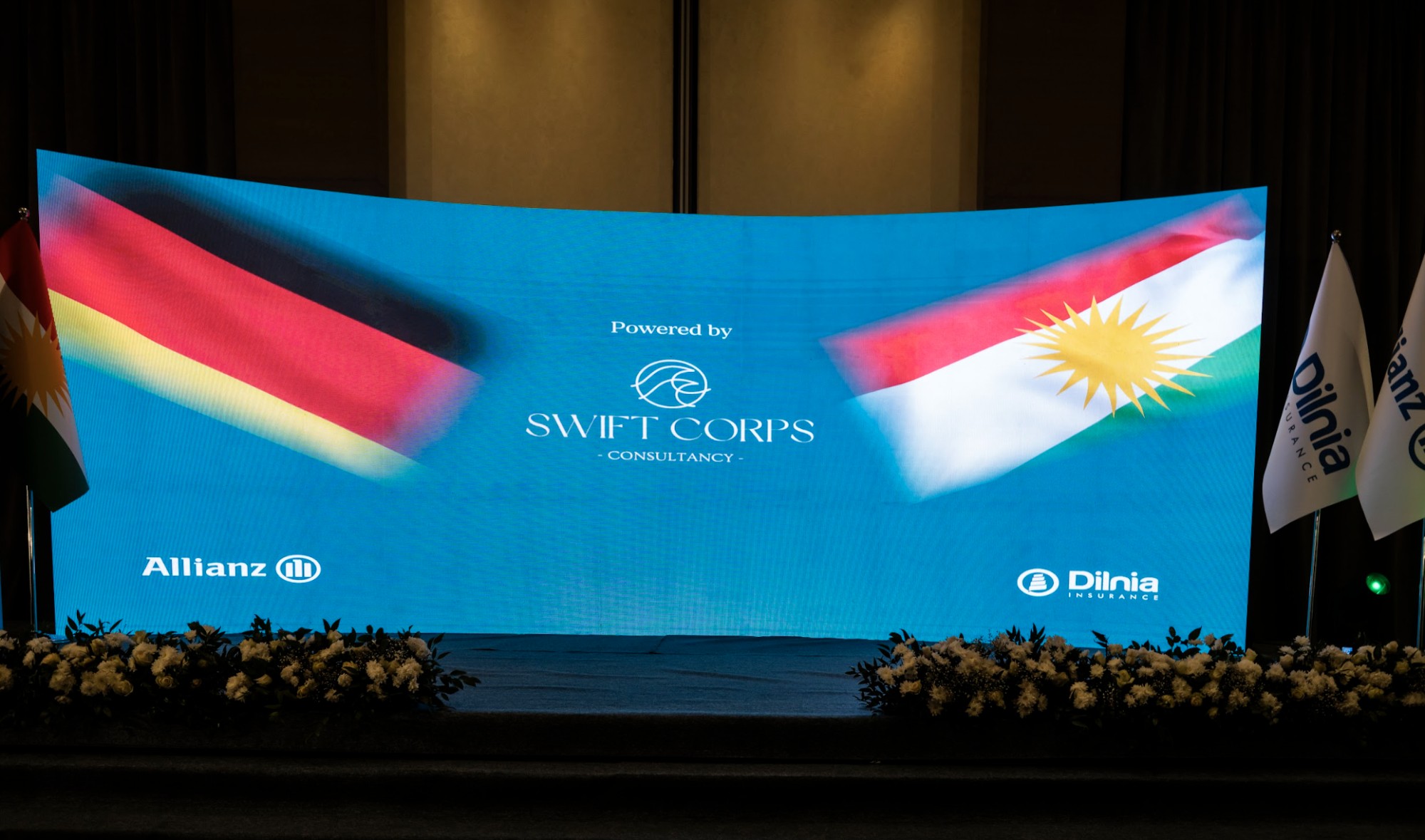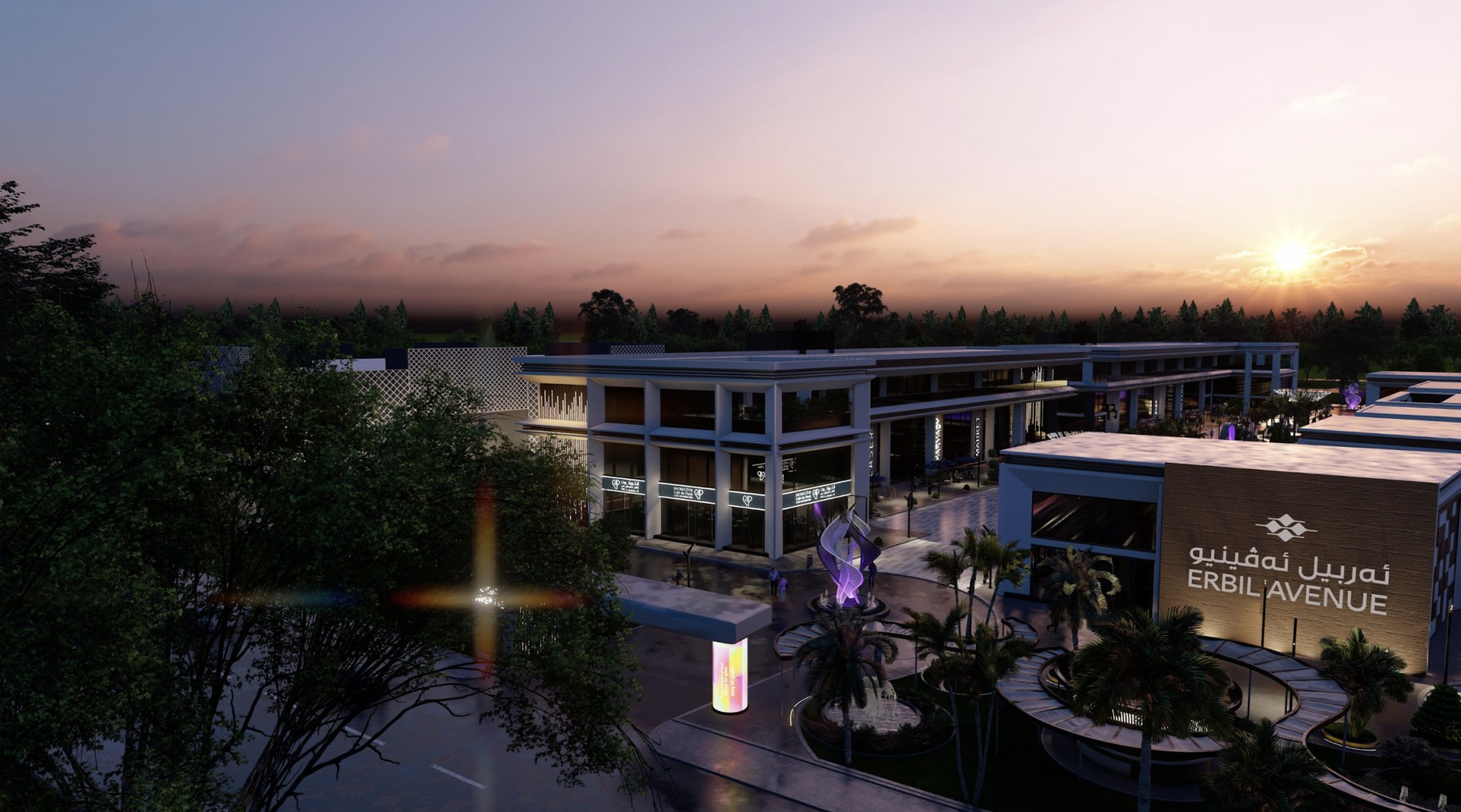A land that has borne witness to millennia of farming, the Kurdistan Region of Iraq (KRI) is experiencing a renaissance in its agricultural sector, and at the forefront of this resurgence stands the KH Company. Established in 2009, the company has not only reshaped Kurdistan's agribusiness landscape, but also acted as a bridge between Dutch expertise and regional resources, resulting in a transformation that has captivated both local and global audiences.
As a symbol of unity and collaboration, KH Company draws its name from the fusion of “Kurdistan" and "Holland.” This union wasn't just symbolic; it was an embodiment of a mission to infuse the region's farming practices with Dutch ingenuity. The journey started after the company invited Hang Maye and Hugo Mol, two prominent Dutch farmers, to the KRI. The combination of their extensive experience and Kurdistan's fertile soil is igniting a revolution in the region's agricultural sector.

The cornerstone of this endeavor is the potato, a seemingly humble crop that holds the key to a multitude of positive changes. In partnership with the Dutch company HZPC, KH Company imported 200 tons of potato seeds. With the support of the Kurdistan Regional Government (KRG) and the Ministry of Agriculture, this venture catalyzed a staggering increase in potato production – from a meager 2,000 tons to an astonishing 650,000 tons. This numerical leap, while important in increasing production, also represented a substantial stride toward food security, self-sufficiency, and economic growth.
The impact reverberated far beyond the fields. In a region where agriculture and livelihoods are intimately connected, the surge in potato production translated into tangible improvements in the lives of the local population. Employment opportunities burgeoned, curbing unemployment rates and providing a sense of purpose to thousands.
As Bashar Mushir Goran, the CEO of KH Company, elucidated, “The expansion of potato cultivation also created job opportunities for over 40,000 unemployed individuals.” The result? A marked decline in crime rates, transforming the social fabric of various communities in the region.

Data tells a compelling tale: the annual income from potato production for the KRI's populace is estimated at a substantial $500 million, directly impacting the lives of all those engaged in the industry. KH Company, initially comprising 100 permanent employees and 35 agricultural engineers, expands exponentially during the potato harvest season, welcoming up to 25,000 seasonal workers. In the CEO's factory alone, 500 workers labor daily during this crucial period, highlighting the magnitude of the endeavor.
A pivotal contributor to KH Company's success has been the steady support of the KRG. Against the backdrop of geopolitical challenges, the government's dedication to agricultural development has been pivotal. Its strategic vision, spanning agriculture, industry, and tourism, has steered the region toward a future of prosperity and self-reliance. The partnership between the KRG, KH Company, and the Dutch Consulate has exemplified the importance of harmonious collaboration.

New markets
The company's transformation extends beyond potato cultivation. The upcoming French fries factory, meat-production factories, and onion-slicing factory embody the company's commitment to elevating the region's agricultural prowess. These endeavors, along with the construction of state-of-the-art cold storage warehouses, aim to bolster production and ensure the availability of quality products throughout the year, even during periods of scarcity.
However, KH Company's accomplishments are not confined to local markets. The journey of Kurdistan's potatoes from local fields to foreign lands is one of determination and resilience. Overcoming obstacles such as closed borders and logistical challenges, the KRG's collaboration with the Iraqi central government has facilitated the export of potatoes to markets beyond Iraq's borders. The removal of barriers has paved the way for the KRI’s finest produce to grace the tables of countries like the UAE. Goran explains, “Compared to other countries' potato products, Kurdistan potatoes are the best potatoes in the Middle East in terms of quality,” pointing to the demand for locally grown yellow potatoes.

The impact does not end with potatoes. In line with Groan’s vision, KH Company's agricultural success story is a template for the cultivation of other crops, such as onions, grapes, apples, pomegranates, and corn. This vision echoes a historical reality, with the KRI having supplied 70% of Iraq's agricultural needs until geopolitical challenges disrupted the equation. Now, fueled by governmental support and innovative partnerships, the region's agriculture sector is poised to flourish anew.
As climate change exerts its influence on global agriculture, KH Company has embraced innovation to adapt and thrive. With water consumption a critical concern, the company has introduced advanced irrigation methods such as the drip system, pivot system, and steamer, technologies that optimize water usage and elevate the efficiency of crop cultivation, setting a precedent for sustainable practices in the region.

The company’s efforts are underpinned by a resounding commitment to elevate the KRI’s agriculture to meet international standards. With Dutch assistance, extending from training programs to skill enhancement, the company has not only achieved parity with international quality but also greatly increased production efficiency. As more farmers gain expertise and knowledge, the cycle of progress becomes self-sustaining, demonstrating that shared knowledge has the power to revolutionize entire industries.
The work of KH Company captures the potential of a region that, despite challenges, is determined to carve its path to prosperity. With steadfast collaboration and an unshakable commitment to high quality, Kurdistan's agriculture is on the cusp of a golden era, symbolized not simply by the hue of its potatoes but by the transformation of a land that has rediscovered its roots, embracing modernity while staying true to its heritage.


